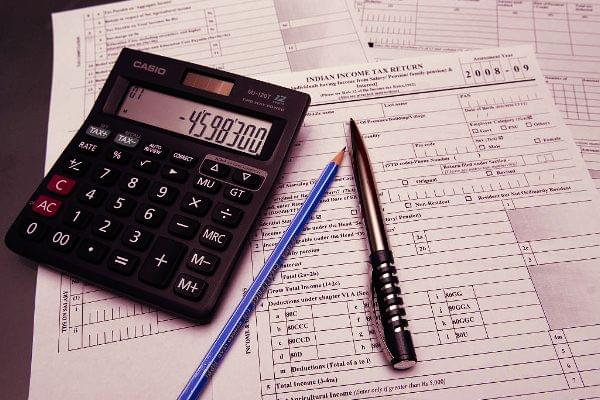News Brief
Union Cabinet Approves New Income Tax Bill To Replace Six-Decade-Old Law: Report
Vansh Gupta
Feb 08, 2025, 04:47 PM | Updated 04:47 PM IST
Save & read from anywhere!
Bookmark stories for easy access on any device or the Swarajya app.


The Union Cabinet, chaired by Prime Minister Narendra Modi, approved the New Income Tax Bill on Friday (7 February), setting the stage for a major overhaul of India's direct tax system.
The new legislation is expected to replace the existing Income Tax Act of 1961, making direct tax laws simpler, clearer, and easier to understand, reported news agency PTI.
Key Features of the New Income Tax Bill
According to government sources cited in the PTI report, the new bill does not introduce any additional tax burden but aims to streamline existing provisions.
It will not have provisos and explanations or long sentences.
The bill has reportedly been drafted within six months and efforts have been made to simplify the language to make tax compliance easier for taxpayers and make it easier to read and understand.
The bill will now be introduced in Parliament next week and sent to the Standing Committee on Finance for further deliberation.
Comprehensive Review Led by CBDT
The Central Board of Direct Taxes (CBDT) initiated the review process after Finance Minister Nirmala Sitharaman announced the reform in the July 2024 Budget.
A dedicated internal committee was formed to ensure clarity, reduce disputes, and enhance compliance ease.
Additionally, 22 specialised sub-committees were set up to examine different aspects of the Income Tax Act.
To ensure a transparent and inclusive reform process, the government invited public input in four key categories, (i) Simplification of language, (ii) Litigation reduction, (iii) Compliance reduction, and (iv) redundant/obsolete provisions.
The Income Tax Department received 6,500 suggestions from stakeholders, reflecting widespread engagement from taxpayers, businesses, and legal experts.
Timeline & Next Steps
The first leg of the Budget Session will conclude on 13 February, with Parliament reconvening on 10 March until 4 April.
The bill’s passage through the Standing Committee on Finance and Parliament will determine its final structure before it officially replaces the 1961 law.
Vansh Gupta is an Editorial Associate at Swarajya.





